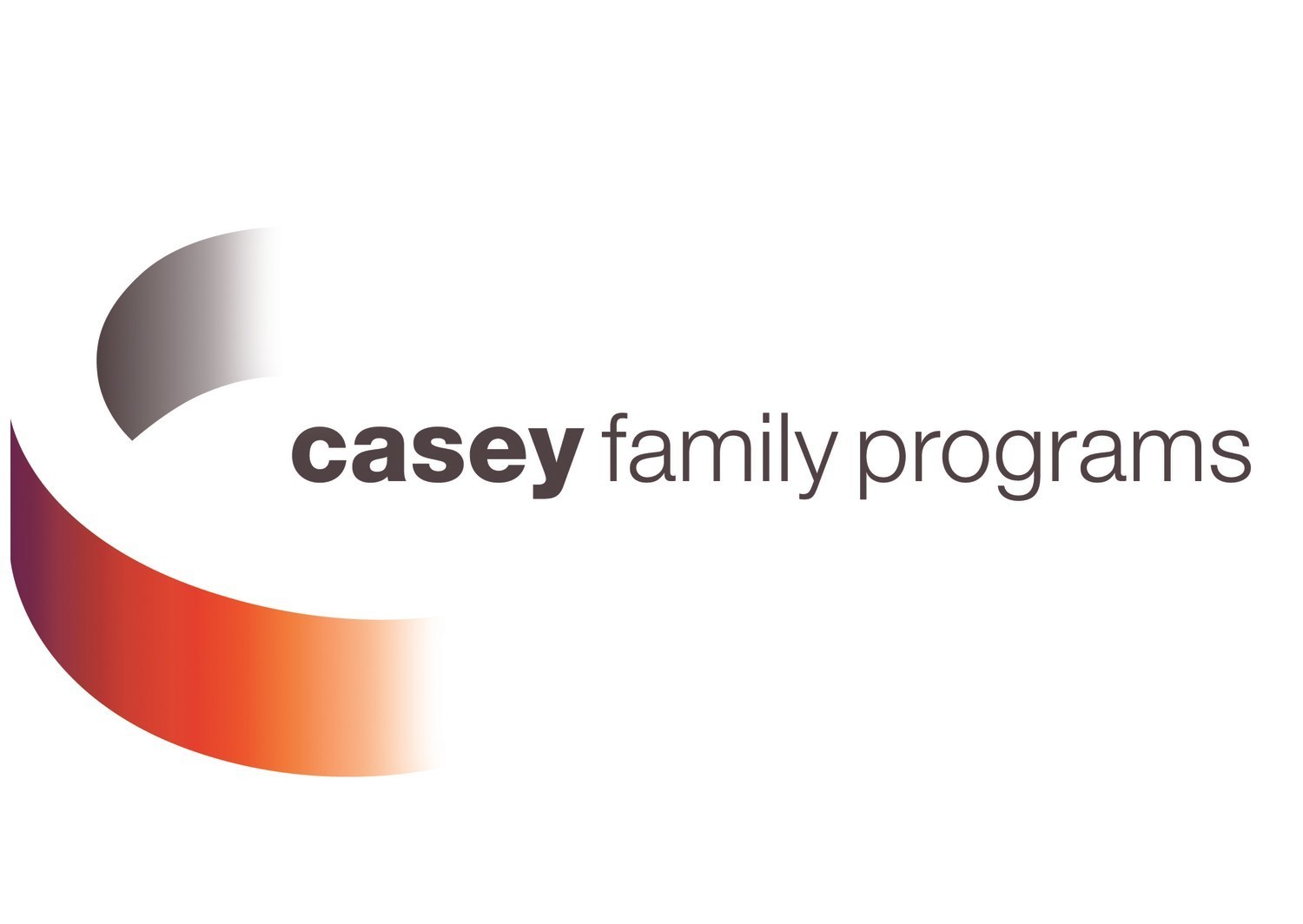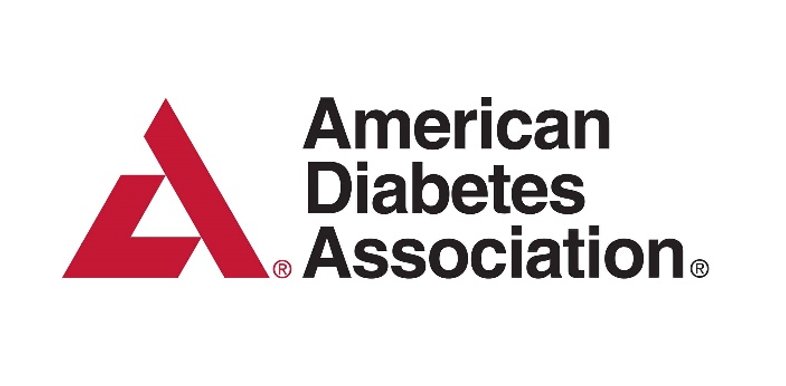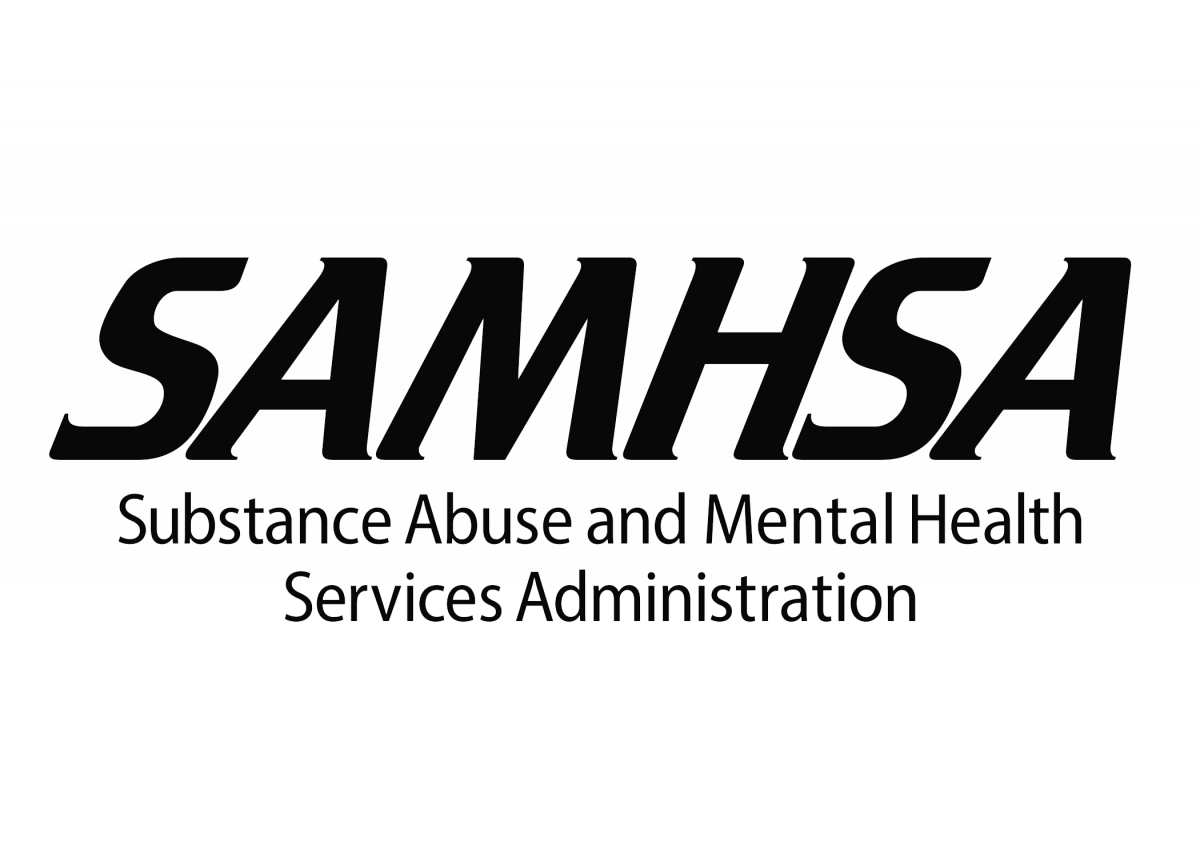Teen girls in the United States experienced record high levels of violence, sadness and suicide risk in recent years, amid “significant” and “heartbreaking” declines in youth health and well-being overall, according to data published Monday by the US Centers for … Read More
Child Well-Being

Promoting the Health and Well-Being of LGBTQIA2S+ Youth Involved With Child Welfare Through FFPSA
Children and youth who identify as lesbian, gay, bisexual, transgender and/or gender expansive, queer and/or questioning, intersex, asexual, and two-spirit (LGBTQIA2S+) experience both disproportionate involvement with child welfare and, once involved, disparate outcomes, including more placement instability and longer stays … Read More

Family First Prevention Services Act Opportunities for Early Childhood Programs
The BUILD Initiative released the fifth webinar in its Child Welfare and Early Childhood: Cross-Systems Collaboration to Improve Outcomes for Young Children and Their Families series, “Family First Prevention Services Act (FFPSA) Opportunities for Early Childhood Programs.” The objectives for the series are centered on … Read More

Congregate Care in the Age of FFPSA
The Capacity Building Center for States published a brief, Congregate Care in the Age of Family First, for those interested in learning how to use the provisions in the Family First Prevention Services Act (FFPSA) to improve their use of congregate … Read More

Resources to Support Title IV-E Prevention Program Planning
In February 2018, the Family First Prevention Services Act (FFPSA) was signed into law with the potential to radically reform child welfare. The FFPSA incentivizes jurisdictions to reduce the use of congregate care and allows payment of federal title IV-E funds … Read More

ORR Unaccompanied Children Program Policy Guide
Introduction The Office of Refugee Resettlement (ORR) Unaccompanied Children Program provides a safe and appropriate environment to children and youth who enter the United States without immigration status and without a parent or legal guardian who is able to provide … Read More

TRANSFORMING CHILD WELFARE SYSTEMS
How can data sharing across child- and family-serving systems be implemented effectively? Complex issues — such as those encountered in child welfare — require complex solutions, often necessitating cross-system data sharing and collaboration. Improving the safety and well-being of children … Read More

Representing Families of Children with Diabetes Facing Child Abuse and Neglect Investigations
I. Introduction Parents and guardians of children with diabetes strive to keep life as normal as possible for their children. They have to work closely with their children’s school and doctor in order to ensure that they are properly cared … Read More

Adoption Triad: The Quality Improvement Center on Engaging Youth in Finding Permanency
The Quality Improvement Center on Engaging Youth in Finding Permanency “When somebody in the agency acted on what I wanted, I felt valued.” —QIC-EY Council Member Child welfare systems across the country are doing better to involve voices with lived … Read More

Common Developmental Trajectories of Children with Fetal Alcohol Spectrum Disorder
Dr. Douglas Waite describes the effects of prenatal alcohol exposure on neurodevelopment, traces the brain-based developmental and behavioral manifestations of prenatal alcohol-related brain injury across childhood and adolescence, and highlights similarities and differences between other neurodevelopmental disorders, such as autism … Read More

